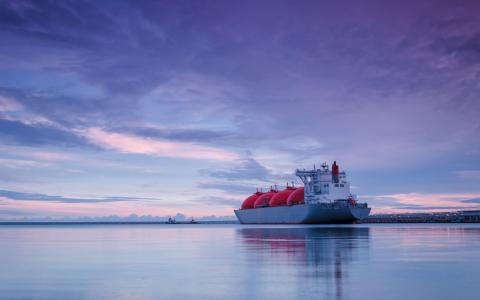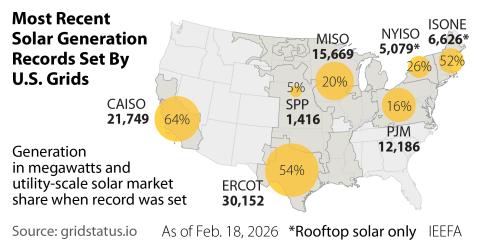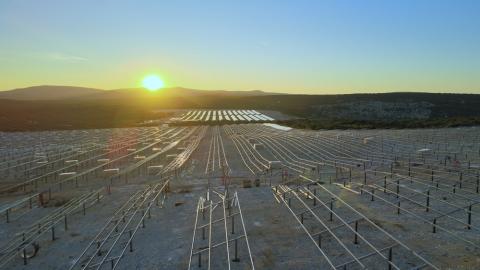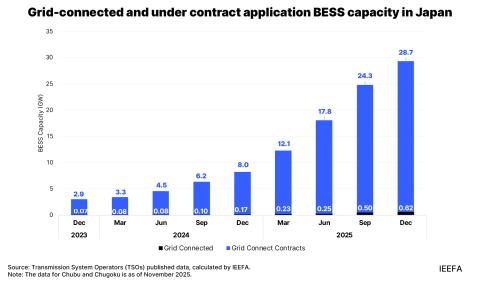Two years of REPowerEU: Gas reduction on track but latest target raises risks
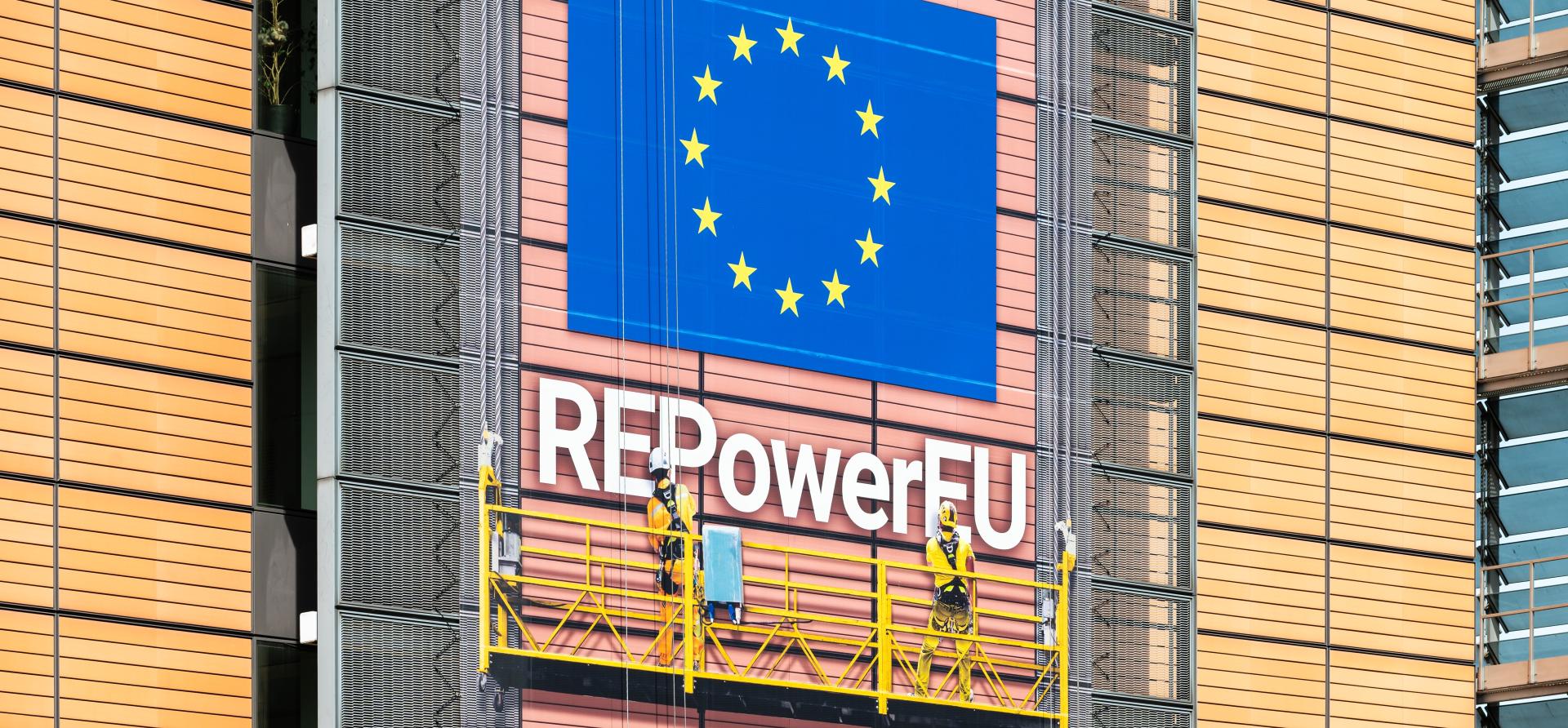
Key Findings
Reducing gas consumption has been pivotal to European Union (EU) efforts to contain the energy crisis.
The EU’s target for 2024 and 2025 could allow for increased gas use.
By not setting more ambitious targets, the EU is missing an opportunity to mitigate new risks that could threaten security of energy supply.
REPowerEU, the European Union’s (EU) proposal to end its dependency on Russian fossil fuels by 2027, was launched in May 2022 with three main aims: to save energy, stimulate renewables growth and diversify energy supplies. As part of the plan, EU member states have agreed to European Commission proposals to voluntarily reduce gas use. These have been articulated in three targets, announced in 2022, 2023 and 2024.
The EU exceeded its first and second targets: Gas demand declined by 18% in the first period between August 2022 and March 2023 and in the second period between April 2023 and March 2024. The bloc reduced gas consumption by 20% between 2021 and 2023.
Aware of how cutting gas consumption has been fundamental for Europe’s security of energy supply, the Commission announced a third demand reduction target in March 2024. However, this goal for between April 2024 and March 2025 potentially leaves the door open for an increase in gas consumption on 2023 levels.
August 2022-March 2023: Gas demand reduction exceeded the target
In July 2022, EU member states agreed to reduce their gas demand by 15% between August 2022 and March 2023 compared to their average consumption in the preceding five years. They used measures of their own choice.
During this time, EU countries collectively reduced natural gas consumption by 18% compared with the average from 2017 to 2022—a decline of 56 billion cubic metres (bcm).
Declines in natural gas use varied greatly: Consumption dropped by 54% in Finland and by 42% in Denmark and Lithuania, while Poland, Spain and Ireland didn’t meet the 15% target. Malta bucked the trend by increasing gas consumption.
April 2023-March 2024: Demand reduction once again exceeded the EU target
A new regulation in March 2023 set a voluntary target for member states to reduce their gas consumption by 15% between April 2023 and March 2024 compared to their average consumption between April 2017 and March 2022 (the ‘reference period’). Again, they could choose their own measures to reach the objective.
In this timeframe, EU countries collectively curbed their gas consumption by 18% compared with the reference period—a reduction of 74 bcm.
Denmark’s 40% decline in consumption was more than any other country. Spain, Ireland, Slovenia, Greece and Poland didn’t meet the 15% target, while Malta increased gas use again.
April 2024-March 2025: Same old target, new European gas landscape
EU energy ministers agreed a proposal on 4 March 2024 to continue gas-saving measures. The new target is unchanged from the goal the EU set itself two years ago: It uses the same reference period and again aims for a 15% reduction in gas demand. Under the plan, member states are encouraged to reduce their gas consumption from April 2024 to March 2025 by at least 15% compared to their average annual gas consumption in the reference period.
However, if a member state’s gas use increased by at least 8% between April 2021 and March 2022 compared to the average gas use during the reference period, its reference period would be only from April 2021 to March 2022. This is the case for Bulgaria and Greece.
Between April 2017 and March 2022, the EU’s average annual gas consumption was 401.3 bcm. The agreement will see member states aim to reduce that figure to 342.2 bcm between April 2024 and March 2025, but this value is 4.4% higher than consumption from April 2023 to March 2024.
Gas-saving measures adopted by EU countries in 2022 and 2023, together with the increase in renewable generation and energy efficiency measures, greatly improved the continent’s energy security. Europe turned to LNG in the worst of the crisis but is already moving away from it as peak demand is expected this year or next.
Two years on from the launch of REPowerEU, the EU has managed to contain the energy crisis. Reducing gas consumption has been pivotal to this success. But by allowing for an increase in consumption year on year, the bloc might be missing an opportunity to mitigate new risks that could arise and threaten security of supply.
As the Commission notes, risks persist for the EU’s security of energy supply as the global gas market situation remains tight. Weather conditions could affect gas supply and/or demand, low prices could incentivise the fuel’s use, supply issues could be exacerbated by an end to the transit agreement through Ukraine by 31 December 2024 and geopolitical issues could affect the whole value chain.
The European Commission’s recommendation for member states to continue reducing gas demand is crucial to tackling any possible gas crisis. Policies and technologies put in place to reduce gas consumption since 2022 have helped the EU exceed the 15% reduction target and control the energy crisis. If the trend from the previous two periods continues and an 18% reduction is once again achieved, the EU will have increased gas consumption by 0.8% year on year.


